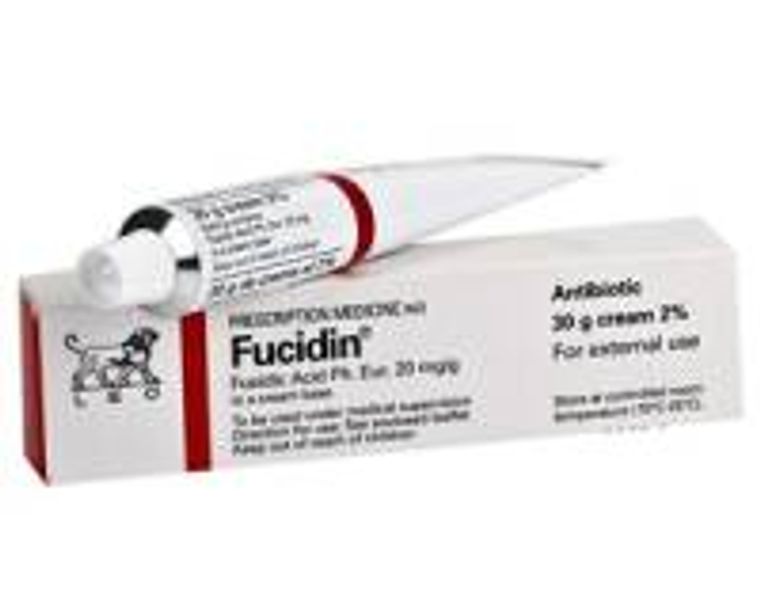Allways use as its so easy to fill in…
Allways use as its so easy to fill in the questionnaire Fast post Any questions you can ask the doctors I use them every month
Mr. burkill
I had consultation for acne issues
I had consultation for acne issues, resolved with no issues, saving me and the nhs time and money.
Michael Alex Bird
I have suffered with restless legs for…
I have suffered with restless legs for years and have never had any help from my doctor.Doctoronline prescribed some medication and I’m able to sleep without having that horrible feeling in my legs thank you I recommend 100% what ever your problem is they will do their best to help you
customer
Very good service all round
Very good service all round, thank you.
Chris Lock
Profesional help and fast delivery
Profesional help and fast delivery . High recommended
Oskar Bartosik
An excellent experience.
This was an excellent experience which actually surpassed my expectations.I required a medication fairly urgently and probably just a one off however I will have no hesitation in using the service again if need be.The service was exceptionally good, courteous and helpful. My meds arrived very rapidly and I was able to fully track the delivery progress which was via a well established courier company.Highly recommend.
Joyce T
Quick and straightforward assessment
Quick and straightforward assessment, easy to order, fast delivery service, ability to ask questions via email, regarding the medication you’ve ordered. The only thing I was slightly disappointed with, was when I made my second order on the medication I previously purchased, as the price went up by almost £10.
Anna Faryno
Great service
Fast, efficient service with no issues.
STEVE P
The best pharmacy online
The best pharmacy online
Fernando Ventura
Very efficient service
Very efficient service. Made accessing healthcare and treatment easier than accessing GP services.
Mr Roy East
Easy to use and quick deliver
Easy to use and quick deliver
Ciara
Excellent 1st class service
Excellent 1st class service. I could find the product I needed, placed the order, and after the swift consultation, the product was sent fast and securely. I would recommend.
John Jones
Always reliable
Always reliable, smooth service. Happy with products and super fast delivery. 5 stars as always!
Irene.
fantastic service from doctor online,my…
fantastic service from doctor online,my prescription was processed and delivered very quickly
jeremy hill
No issues
No issues. Speedy service. Would use again
Miss Davies
Genuine platform
I was skeptical to see another platform with doctors services as I was scammed in past.I have spoken to customer service multiple time( they answered all my concerns) and later on decided to place an order, my inquiry was dealt with it professionally, timely and accurate. I can recommend.
Katarina
Good service and fast delivery
Good service and fast delivery
Miss. Michelle Tyrrell
The medicine is helpful
The medicine is helpful
Ka Man Pamela Tong
an excellent service again,my…
an excellent service again,my prescription was processed and delivered very quickly, absolutely brilliant
jeremy hill
Excellent service and excellent company…
Excellent service and excellent company to deal with. I would thoroughly recommend
Antonio Tomasso




